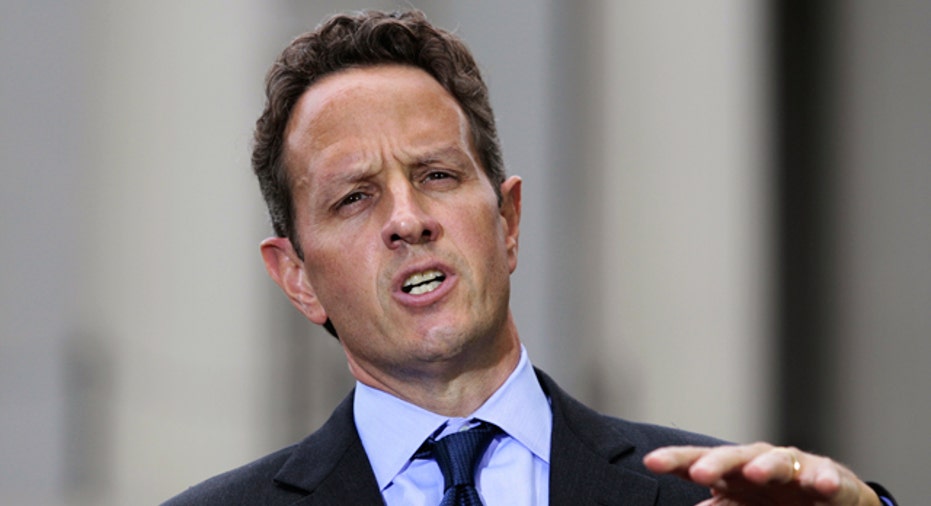Congress in Game of Chicken on Debt Limit

Dear Dr. Don,I have a substantial amount of savings in U.S. bonds. With some GOP (Republican Party) congressmen threatening to vote against extending the nation's debt ceiling, should I be worried about these investments?
- Anna Avuncular
Dear Anna,
In a former career, I worked as a debt management analyst. The conventional wisdom then was that U.S. Treasury securities didn't need a credit rating because they were considered free of credit risk by definition. Recently, Standard & Poor's changed its credit rating outlook on U.S. Treasury debt from a stable outlook to a negative outlook; not because of the debt ceiling crisis, but because of concerns about the U.S. government's ability to finance its deficit spending over time.
Now Congress is playing a game of chicken, using the debt ceiling as its vehicle. Republicans (mostly) are trying to gain increased spending cuts in the budget as a condition to increase the debt ceiling. The government has no choice but to increase the debt ceiling. It's done so 16 times since 1993. To use brinkmanship as a strategy and put the government's debt repayment history at risk is irresponsible regardless of party affiliation.
Are your U.S. government securities at risk? You're likely to suffer a slight drop in the portfolio's market value if the debt ceiling isn't increased. However, if the U.S. government can't get spending under control, the drop in market value is likely to become a trend. That said, the risk to your coupon interest payments and debt repayment is miniscule.
You can view the U.S. Government's total debt on the TreasuryDirect Web page titled, "The Debt to the Penny and Who Holds It." The table below shows the debt ceiling, the current debt outstanding and the credit available under the current ceiling.



















